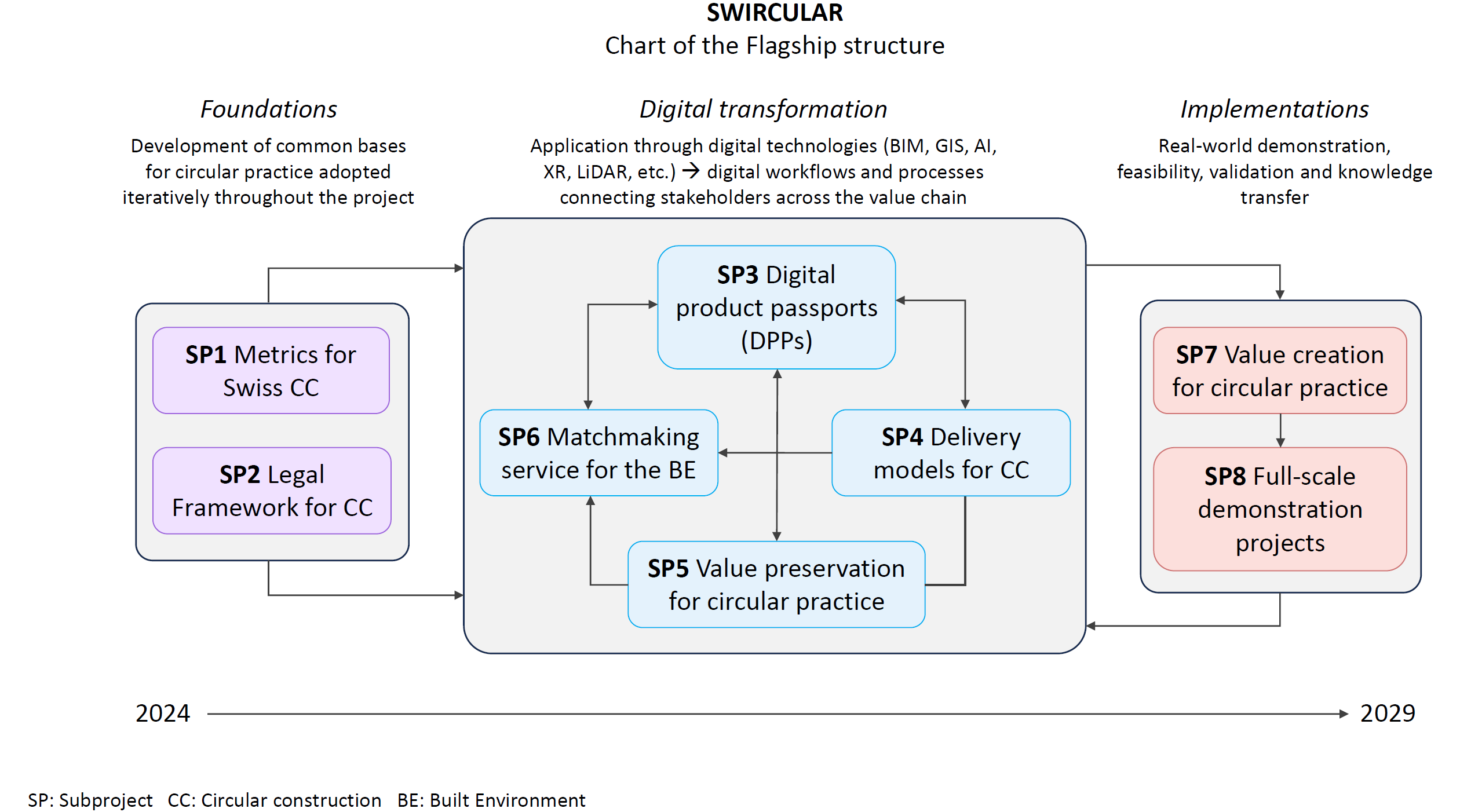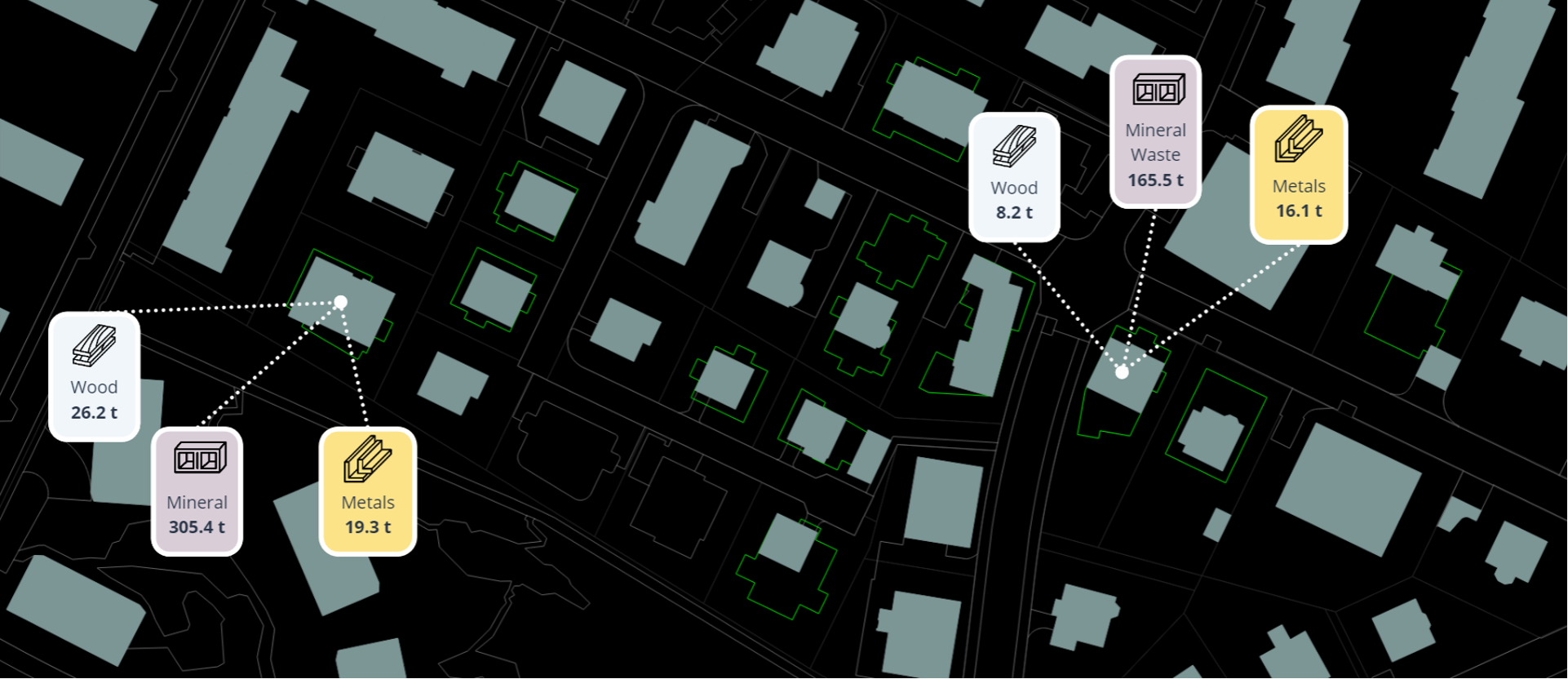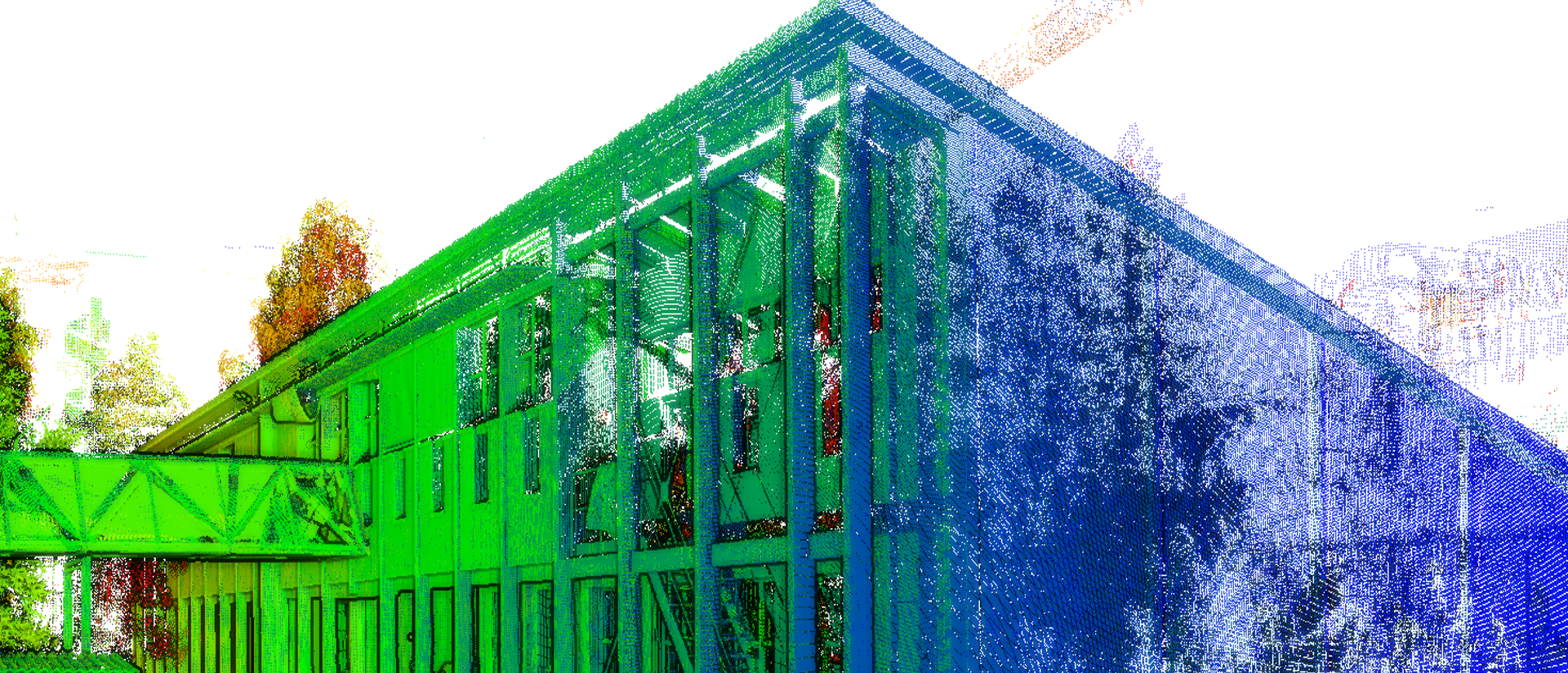SWIRCULAR
Introducing SWIRCULAR: a Swiss Digital Circular Construction Ecosystem

As part of the 2023 Innosuisse Flagship Call, the project SWIRCULAR is set to revolutionize Switzerland's construction landscape. It addresses the urgent need for a transition to a circular economy in the built environment, where the construction sector accounts for 71% of domestic material consumption, 24% of greenhouse gas emissions, and 80% of waste generation (Matasci et al., 2021, FOEN, 2023, Koumbarakis et a., 2021).
Currently, the industry has embraced predominant recycling and downcycling circular practices for more than two-thirds of construction disassembly materials (FOEN, 2022). SWIRCULAR, however, is leading the way towards higher-impact circular strategies in the built environment (reuse, repair, refuse etc.). This entails preventing unnecessary demolitions, reducing waste, mitigating greenhouse gas emissions tied to product manufacturing and disposal, and extending the life cycle of built resources.
The project's core focus lies in the collaborative development of legal, business, and technical innovations. Through this comprehensive approach, SWIRCULAR aims to take a transformative shift towards a circular construction sector, playing a pivotal role in Switzerland's journey towards a net-zero future.
SWIRCULAR is conducted by a consortium of Swiss research institutions and industry partners, united by a common goal: to reshape the Swiss construction industry through the adoption of circular practices. The consortium represents a wide range of expertise and covers all life cycle phases, ensuring that circular construction innovations are effectively developed for successful implementation.
The structure of the project is a response to the pressing need for a coordinated and standardized transition towards a circular economy in the construction sector, tailored specifically to the Swiss context. SWIRCULAR operates as eight interconnected subprojects, redefining traditional disciplinary boundaries. It bridges diverse fields across the construction value chain, including engineering, law, architecture, and manufacturing, with the aim to fundamentally rethink current practices and introduce new circular approaches on a large scale. This framework enhances collaboration, interoperability, and overall efficiency as key factors for systemic change.
SWIRCULAR is an effective solution proposed to address high risks, costs, fragmentation among stakeholders, and project complexities that are currently hindering the transition.


